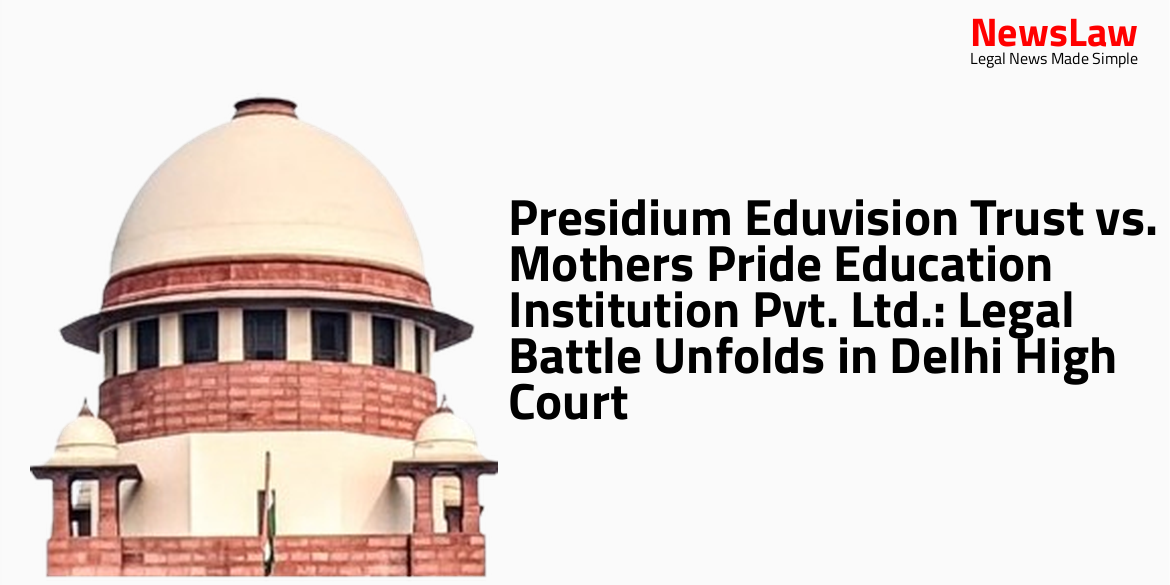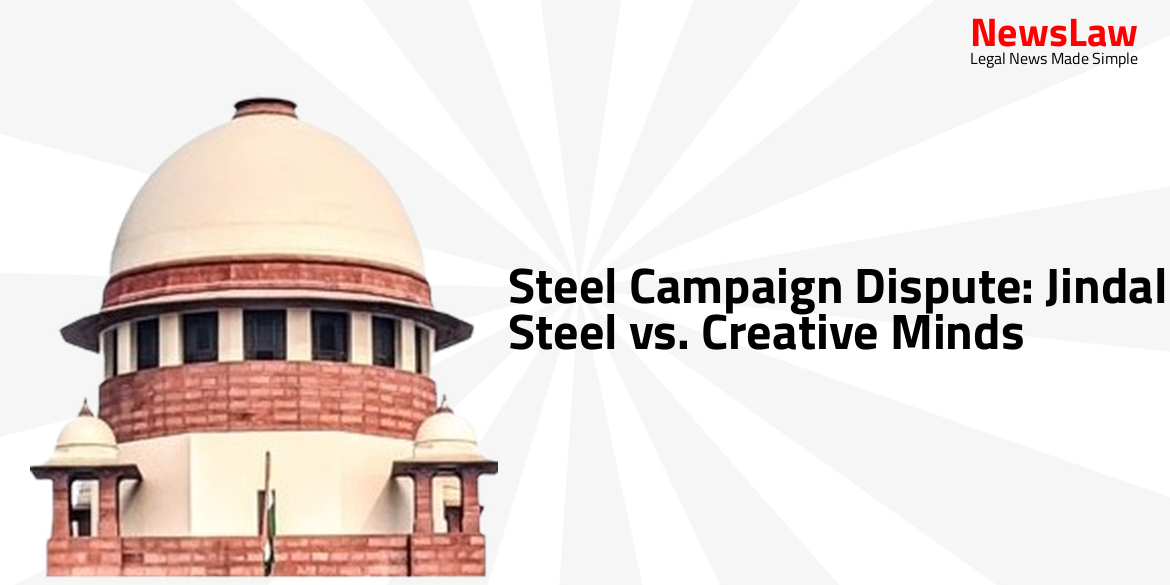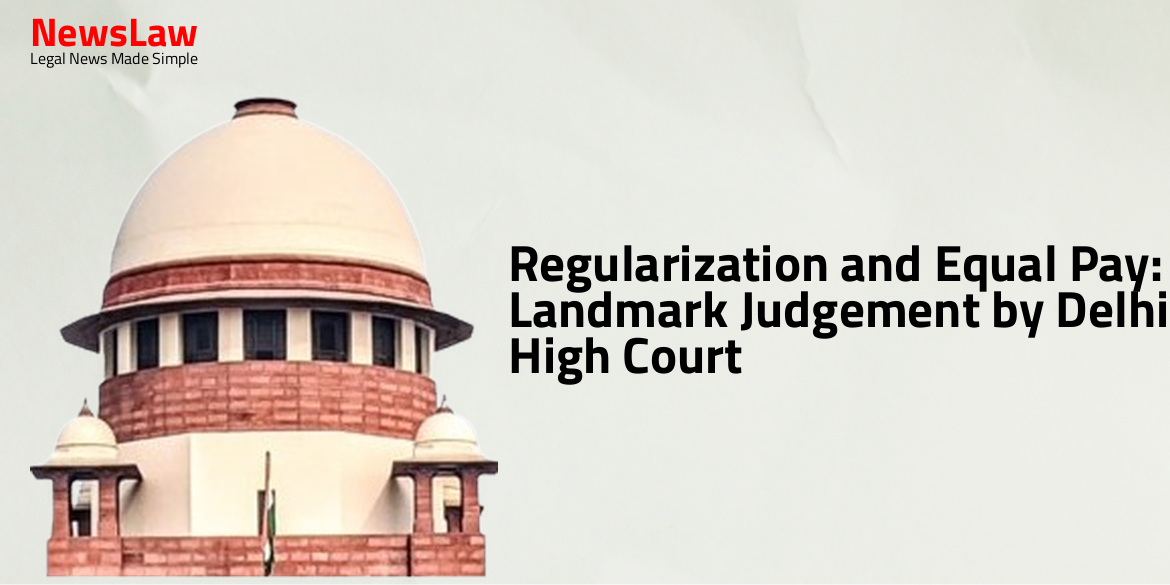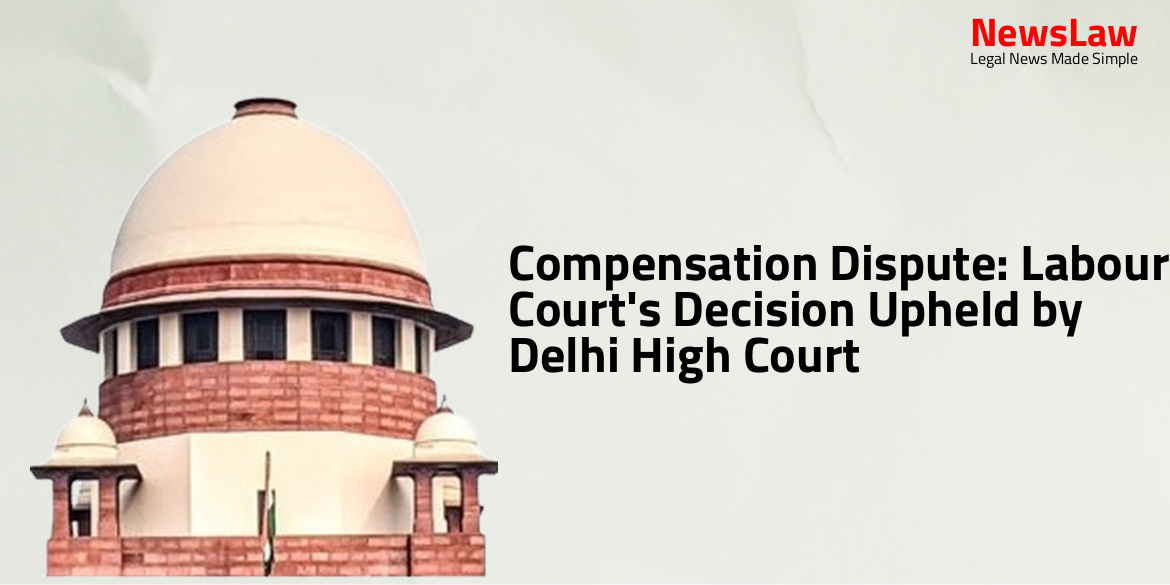The legal saga between Presidium Eduvision Trust and Mothers Pride Education Institution Pvt. Ltd. unravels as the Delhi High Court delves into the intricacies of the case. Accused nos. 1-10 induced the complainant with false assurances, leading to significant losses. Accused nos. 3, 5, 6, 7, 9, 10, 11, and 12, including the petitioners, are under scrutiny for their alleged involvement in the transaction. Let’s explore the legal nuances of this case further.
Facts
- Accused nos. 1-10 induced Complainant with false assurances and representations to enter into the transaction and extend the loan facility.
- Accused’s intentions were malafide from the beginning and they cheated the Complainant.
- Accused nos. 1-10 hatched a conspiracy against the Complainant and cheated them with a significant amount.
- Accused nos. 1 and 2 are managed by Mothers Pride Education Institution Pvt. Ltd., while accused nos. 3-10 are actively involved in handling the day-to-day affairs and business of accused no. 1 and accused no. 2.
- Accused nos. 3-10 convinced the Complainant to enter into the said transaction.
- Accused nos. 1-10 cheated the Complainant with malafide intentions and caused substantial wrongful losses by making false representations, gaining wrongful benefits for themselves.
- It was misrepresented that Presidium Eduvision Trust is the senior wing of the Mothers Pride Education Institution for school-going kids.
- In the pre-summoning evidence, the Manager of Axis Bank was summoned as a witness to give evidence on the Bank Account maintained by accused no. 2, Presidium Eduvision Trust.
- The Trust Deed and Account Opening Form of Presidium Eduvision Trust revealed that the Trust had three Trustees, including the petitioners in the Complaint cases.
- Accused nos. 1-10, in connivance, took the loan amount and issued repayment cheques falsely and dishonestly assured the Complainant about repayment.
- The petitioners were concealed as Trustees of accused no. 2 Trust.
Arguments
- Notice under Proviso (b) to Section 138 of the NI Act on the accused is mandatory for maintainability of a complaint under Section 138 of the NI Act.
- Counsel for petitioners relies on judgments of Supreme Court and High Court to support the mandatory service of notice requirement.
- The respondent(s) claim that notice under Section 138 of the NI Act was served on the Trust through its Trustees, fulfilling the requirement of Proviso (b) to Section 138 of the NI Act.
- Petitioners were summoned as accused in Complaint Cases filed by the respondent(s), leading to their grievance and filing of present petitions.
- The respondents argue that serving notice to the Trust through its Trustees is sufficient notice to the Trustees in their individual capacity.
- They cite the Supreme Court case Krishna Texport & Capital Markets Ltd. v. Ila A. Agrawal & Ors. to support their argument.
- Referring to the purpose of Section 319 of the Cr. P.C., they highlight the importance of ensuring that the real culprit should not escape punishment.
- They assert that once it is established that the petitioners are Trustees of the accused Trust and are involved in the transactions, they can be proceeded against under Section 141 of the NI Act.
- They emphasize that Section 319 of the Cr. P.C. is intended to address situations like this.
- Citing the High Court of Madras judgment in Abraham Memorial Educational Trust v. C. Suresh Babu, they argue that all Trustees of a Trust are equally liable under Section 141 of the NI Act.
- The respondents claim that amending the complaints to include the petitioners and changing the accused number is not sufficient to satisfy the requirements of Section 141 of the NI Act.
- Therefore, they argue that the Complaint Cases against the petitioners should be dismissed as the respondents were unaware of the Trustees’ involvement until later in the legal proceedings.
- The legal/demand notice dated 28.01.2019 was issued to the Trust through its Trustees.
Analysis
- For the offence under Section 138 of the NI Act to be completed, three conditions must be satisfied.
- If the offence is committed by a company, the director, manager, secretary, or officer responsible for the conduct of the business can also be deemed guilty.
- Section 141 of the NI Act holds individuals in charge of a company responsible for the offence committed by the company.
- Every director of a company in charge of its conduct is also deemed guilty if the company commits an offence under Section 138.
- The judgment discusses the issue of lack of notice under Proviso (b) to Section 138 of the NI Act and the plea of lack of necessary pleadings in the complaint cases against the petitioners.
- The petitioners are accused no. 4, who is the proprietor of accused no. 1, and accused nos. 3, 5, 6, 7, 9, 10, 11, and 12 who were involved in negotiating the deal personally.
- Accused no. 2 is a trust, and accused nos. 9, 11, and 12 are Trustees of accused no. 2 and in charge of its business activities, making them responsible for the conduct of business under Section 138 of the NI Act.
- The petitioners claimed lack of notice under Proviso (b) to Section 138 and lack of pleadings in the Complaint Cases against them in their individual capacity.
- The court held that the notice under Proviso (b) must be sent to the ‘drawer’ of the cheque, and since accused nos. 9, 11, and 12 are Trustees of accused no. 2, they fall under the said requirement.
- The petitioners, as Trustees of accused no. 2, will have to lead their defense under Section 141 of the NI Act to escape liability as the Trustees of the Trust.
- The court emphasized that vicarious liability is created under Section 141 for individuals in charge of a company’s affairs who are aware of the notice issued to the company under Section 138.
- It was ruled that there is no requirement for separate notices to be issued to each Trustee of accused no. 2-Trust under Section 138 of the NI Act.
- The judgment in DSC Ltd. v. Dada Jeetu Buildcon Pvt. Ltd. was cited to support the view that no separate notices are required to be issued to Directors of the Company apart from the ‘drawer’.
- The analysis concluded that the notice given to the Trust through its Trustees fulfills the requirement of Proviso (b) to Section 138, establishing vicarious liability for the petitioners as Trustees of accused no. 2-Trust.
- The judgment discusses the plain language of Section 138 and emphasizes that the notice is to be given to the ‘drawer of the cheque’, which in this case is accused no. 2 Trust.
- The court also highlights that accused nos. 11 and 12 were involved in the entire transaction, and thus, liable under Section 138 for the dishonored cheques drawn by accused no. 2 Trust.
- Notice has been sent to the drawer, the accused no.2-Trust
- The Supreme Court considered Proviso (b), Section 141 and Section 7 of the NI Act
- The Supreme Court held that the accused no.2-Trust can be held liable under the NI Act
Decision
- The Court has not expressed any opinion on the merits of the Complaint Cases
- Observations made in the decision will not prejudice the petitioners in their defence in the Complaint cases
- No merits found in the present petitions
- Pending applications disposed of as they are rendered infructuous
Case Title: HARPREET SAHNI & ANR. Vs. PUJA HEMNANI (2024:DHC:3916)
Case Number: CRL.M.C.-6095/2022



